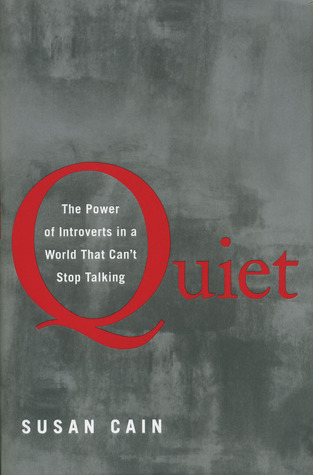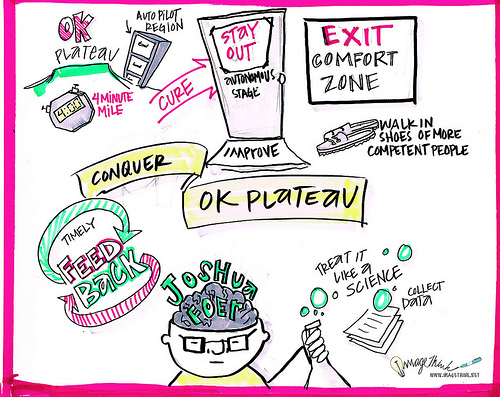The dark side of reading?
February 23rd, 2019 at 7:56 pm (Books, Reflection)
I found this article about Arthur Schopenhauer’s views on reading initially thought-provoking and then increasingly disturbing. Schopenhauer has terribly grim things to say about reading, like
“When we read, another person thinks for us: we merely repeat his mental process.”
and worse:
“The person who reads a great deal… gradually loses the ability to think for himself; just as a man who is always riding at last forgets how to walk.”
You can read more from Schopenhauer’s essay ‘On Reading and Books’.
It is easy at first to dismiss these views as exaggeration, but then they creep into the back of your mind and take up residence. He sees the act of reading without reflection as the enjoyable act of absorbing someone else’s creation, without any of it sticking; and boy, does he look down his nose at that. But reading with reflection takes work. I always find it to be rewarding, but it is still so hard to invest the time and effort to do it regularly. There’s always a new book to pick up instead… :)
I have also found that after finishing a book with a strong idiosyncratic voice (of author or narrator or protagonist), my thoughts are colored by that voice for a while afterwards. I always thought that was kind of a neat after-effect, but Schopenhauer gives it a creepy new angle: letting someone else think for me!
Schopenhauer’s critique relates to my ongoing question about why our society applies a moralistic virtue to the act of reading that elevates it above other kinds of entertainment like watching TV (always denigrated) or going to a movie (marginally better viewed, perhaps because it appears to be social, even though it isn’t, unless you get to discuss it (reflect!) afterwards). People talk about how reading engages the imagination more than visual media does, but even as an avid reader myself, I still don’t see why this makes it more virtuous. Arguably, it’s just more work. :) (Okay, Protestant work ethic, maybe I just answered my own question…)
But Schopenhauer doesn’t glorify reading; in fact, quite the opposite. He thunders on about people who have “read themselves stupid” (by too much reading and too little thinking). Only some books are worth reading, and those are worth re-reading, a lot.
“Any kind of important book should immediately be read twice, partly because one grasps the matter in its entirety the second time, and only really understands the beginning when the end is known; and partly because in reading it the second time one’s temper and mood are different, so that one gets another impression; it may be that one sees the matter in another light.”
In fact, he argues that
“The art of not reading is highly important. […] One can never read too little of bad, or too much of good books: bad books are intellectual poison; they destroy the mind.”
Intellectual poison! The horror!
… But I do get his point about the importance of reflection. Maybe writing little book reviews of the books I read is not enough. Maybe, instead of dashing on immediately to the next book (or another one of the five I have going simultaneously), I could benefit more from chewing over the completed book a bit more and determining how it connects with other things I’ve read, seen, or heard, and my own life.
It’s hard not to compare Schopenhauer’s views to those of Mortimer Adler, as in his How to Read a Book book. He, too, opined that most books were not worth reading, with some few very valuable exceptions. He advocated engaging directly with the text, including the controversial practice of writing in the book (hooray!). To Adler, the highest level of reading was “syntopical reading,” in which you identify themes and how they connect across books to allow you to place the current book within the wide world of ideas and concepts — a very deep form of reflection and analysis. But he did not share Schopenhauer’s negative characterization of the act of reading (even if he was rather prescriptive in his approach to it).
So, should we worry about the dark side of reading? The view of the reader as escapist and lazy, vulnerable to the poison lurking within all those worthless bestsellers? Maybe just a little. Maybe I’ll try to engage in reflection a bit more. And avoid those so-very-bad books :)


